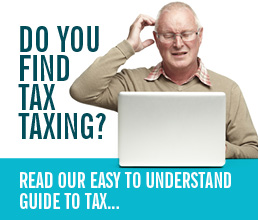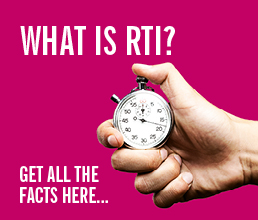Payroll / operating PAYE on behalf of Employer clients
PAYE – A brief introduction
OK … you are in employment, which means you work for someone else, and you pay tax through Pay As You Earn (PAYE). PAYE is the name of the tax collecting system used in the UK, under which your employer deducts income tax and National Insurance contributions (NICs) on a weekly or monthly basis from your wage.
PAYE has now been with us since Centre I in East Kilbride became the first tax office in the UK dedicated to collecting taxes from employers direct from their employees.
Over the years PAYE has become increasingly sophisticated, but you can still pay too much tax under the system, or indeed too little. So knowing the tax system from all angles is a good idea, and ensuring that the correct tax is paid under PAYE (and on time) keeps the taxman in check.
Knowing what you pay tax on:
- Wages and salaries, including commission fees, bonuses, or overtime
- Tips and service payments
- Expenses reimbursed, and travelling time payments
- Benefits in kind
- Holiday pay, sick pay, maternity pay and paternity pay
- Redundancy payments (subject to possible relief up to £30,000)
- Incentive payments, and some termination payments.
Understanding employer’s responsibilities
The employer is responsible for operating PAYE and paying the total amounts deducted from their employees each month to HMRC within 14 working days at the end of each month. The employer has two key roles, to deduct the tax according to the employee’s individual tax code, and to issue some certification of that tax to the employee.
The employer uses a PAYE code number to work out how much tax to deduct from each employer every week or month.
The purpose of the tax code is generally to award the employee with their individual tax-free allowance entitlement, leaving the balance (of the wage) to be taxed at the appropriate rates.
For instance, the Personal Allowances for 2012/13 is £8,105, so mostly employees have a PAYE code number of 810 followed by a letter (suffix), allowing them approximately £675 of their monthly wage (or £156 of their weekly wage) free of income tax. Simple, although it rarely works that way, as people (in case you have not noticed) – often change their personal circumstances, and accordingly are subject to different tax relief entitlements (sometimes even minus allowances!!).
What the codes mean…
The coding suffix letter helps record paying the wages know the type of taxpayer you should be.


